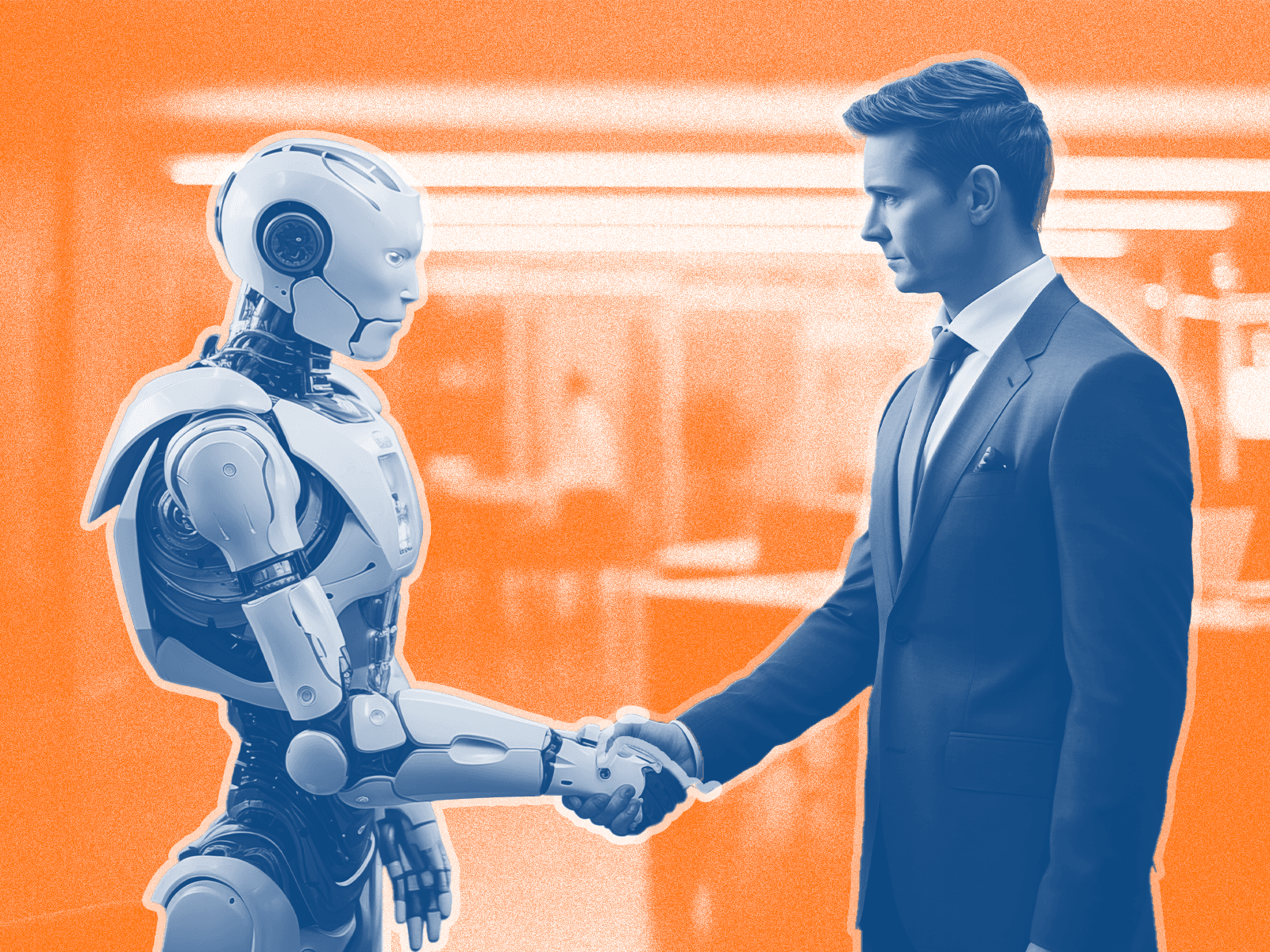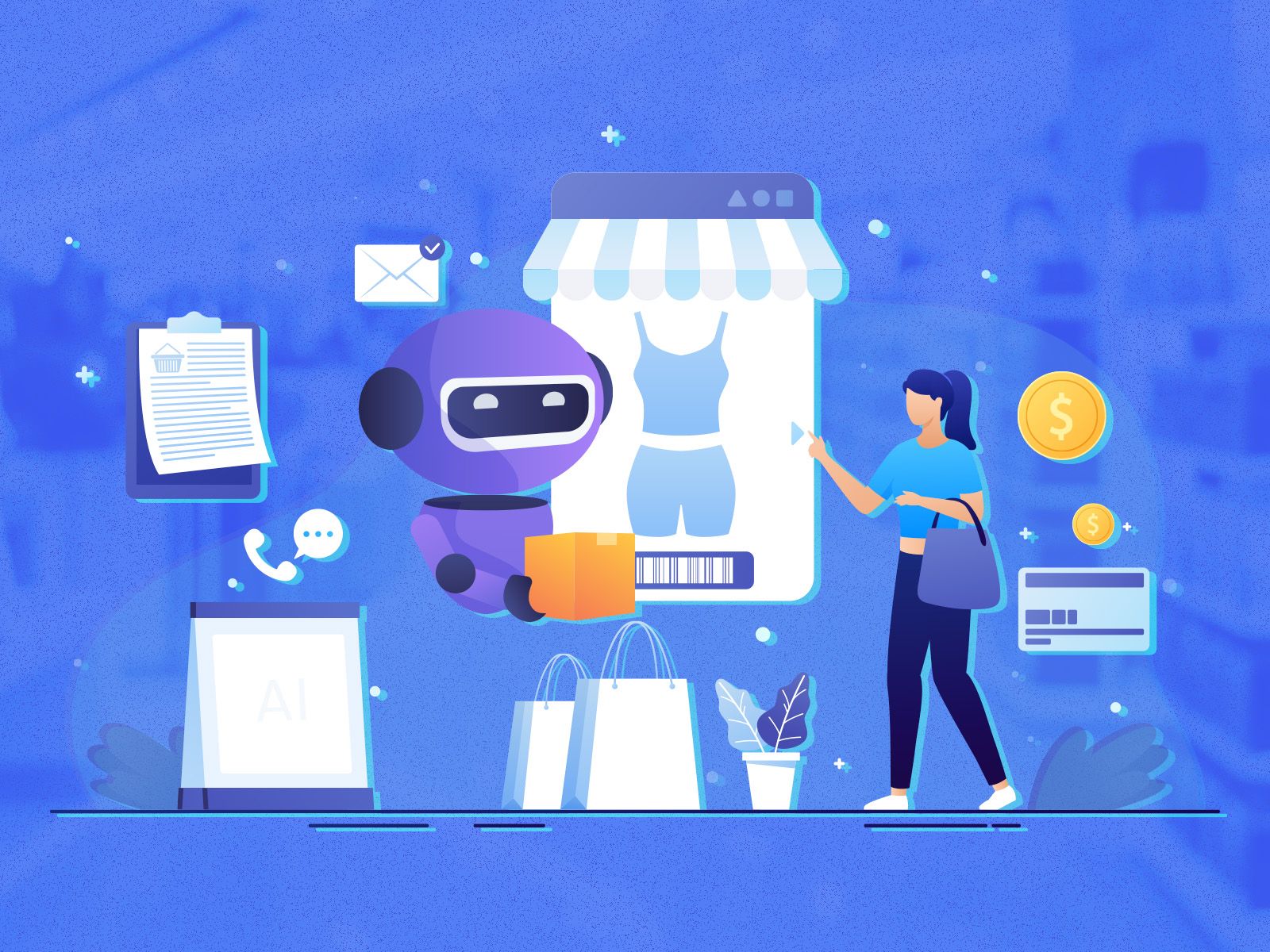AI in 2024

Illustration: © AI For All
As we head into 2024, it can be easily surmised that we’re going to see a lot more movement when it comes to AI regulation. While the EU was the first to pass a concrete initiative regulating the technology, I believe the U.S. is the true innovator of AI and is on the right track by not rushing to regulate the technology – especially as it’s yet to reach its full potential.
What Does The Future Hold?
With President Biden’s recent AI executive order, and U.S. regulations growing nearer, 2024 will be a critical year for how our citizens interact with and deploy AI tools – on both a professional and personal level. However, something interesting to note is that AI as it stands is able to protect itself and ultimately holds the power to write itself out of a bill, so any regulations to come may not be as limiting as some fear.
This shouldn’t scare you; rather this notion should empower innovators. AI is here to work for us, not against us, providing humans with the tools and support needed to make day-to-day tasks easier. Whether it’s automating processes in the workplace or enhancing security at home, AI’s ability to elevate mankind is limitless. That’s why we must give the technology the time and space it needs to mature before we rush to put guardrails around it.
Smart Cities
In 2024, I believe we will also see the power of AI and IoT working together even more to drive better outcomes for cities around the globe. From AI-powered street lights that adjust their brightness based on real-time data to smart waste management systems that optimize collection routes, AI is equipped to increase the quality of life for citizens around the globe by solving each city’s unique challenges.
Transportation
Technology that was once futuristic ideation for enhanced mobility and transportation will become a more common sight. From autonomous delivery robots to self-driving electric cars and shuttles, we’ll see more of these vehicles on city streets, significantly reducing both air pollution and traffic congestion.
We may even see more augmented reality (AR) and virtual reality (VR) tools integrated into urban planning and design. For example, city planners and residents might use AR glasses to explore future city developments or visualize historical landmarks, enhancing the overall urban experience.
AI in the Workplace
AI will also seep further into workplaces around the nation, spanning industries like pharma, manufacturing, retail, and more. This is significant because now, the future worker will be an autonomous one, harnessing the power of AI-backed augmented reality solutions to improve operational efficiencies and ultimately enhance bottom-line results.
With the assistance of AI, businesses will be able to operate at a greater capacity by enhancing and automating redundant tasks, while also empowering workers to make more informed decisions swiftly, boosting productivity and accuracy across all levels of an organization.
Generative AI
Furthermore, when it comes to generative AI, we will likely see the capabilities of ChatGPT continue to evolve significantly. In 2024, GAI tools will not only answer questions but actively engage in debate and discussion, serving as a more capable tool for constructive public discourse. AI can also be used to fact-check and verify information in real-time during public events and news broadcasts.
While this might sound unsettling to some, especially as AI hallucinations become a growing concern, the technology’s ability to remain rooted in fact-based data will help to reduce the spread of misinformation which often stems from human biases. I also see AI-generated content becoming a standard in educational materials next year, with AI tutors and digital textbooks providing a more personalized learning experience that works alongside educators to meet student’s specific needs.
AI Will Expand
As we close out 2023 and embark on a new year, AI’s applications will only continue to expand. From schools to workplaces to homes and cities around the world, AI will become a part of everyone's daily life in 2024 (if it hasn’t already!).
AI is a strategic necessity for efficiency, speed, and competitiveness –– and businesses and cities that don't adapt are putting themselves at a disadvantage. Simply put: embracing this transformation is essential to keeping up in today’s digital age and becomes especially true for those innovative minds looking to operate ahead of the curve.
AI Ethics
AI Regulation
Author









